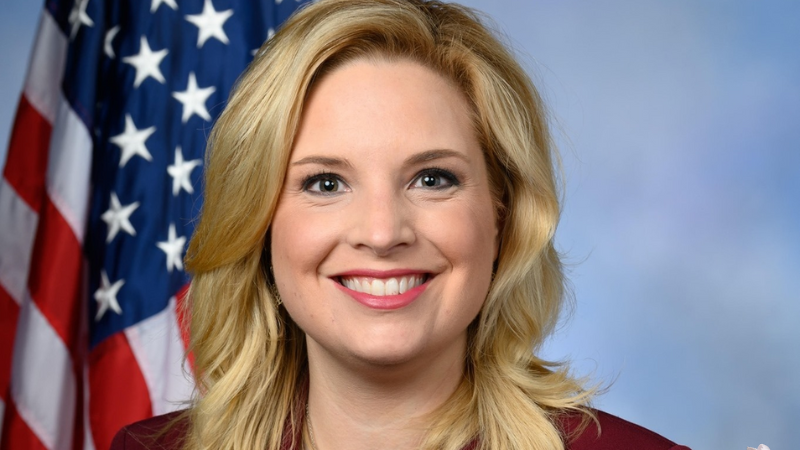Congresswoman Ashley Hinson | Congresswoman Ashley Hinson Webiste
Congresswoman Ashley Hinson | Congresswoman Ashley Hinson Webiste
Washington, D.C. - On May 25, Rep. Ashley Hinson (R-IA-02) introduced the bipartisan, bicameral After Hours Child Care Act to expand Child Care and Development Block Grant (CCDBG) eligibility for after hours and nontraditional hours child care. Representatives Elise Stefanik (R-NY-21), Mark Pocan (D-WI-02), and Suzanne Bonamici (D-OR-01) joined Hinson to introduce this legislation. Senators Todd Young (R-IN) and Maggie Hassan (D-NH) introduced companion legislation in the Senate.
"So many working parents are struggling to find convenient child care options that make sense for their family.
"This is even harder for parents who don’t work traditional 9-5 hours, like law enforcement officers, store clerks, emergency service operators, and nurses. Their jobs are critical to the health and safety of our communities – we have to make it easier for these hardworking Iowans to stay in the workforce while raising a family.
"That’s why I’m introducing the bipartisan After Hours Child Care Act. This legislation expands Child Care and Development Block Grant eligibility for after hours and nontraditional child care to help expand existing programs or establish new facilities to serve Iowa families." - Congresswoman Ashley Hinson
Background:
CCDBG is an existing, bipartisan child care law that authorizes the Child Care and Development Fund (CCDF) program, which is administered to states, territories, and tribes. States use this fund to provide financial assistance to low-income, working families so they can afford quality child care services. States also use it to build the child care workforce – the workforce behind America’s workforce.
This bipartisan, bicameral legislation expands CCDBG eligibility for after hours and nontraditional hours for child care, to expand existing child care programs or establish new facilities at a workplace. This will help parents who don't work traditional "9 to 5" hours remain in the workforce, provide for their families, and feel confident that their children are receiving quality care.
Original source can be found here.




 Alerts Sign-up
Alerts Sign-up